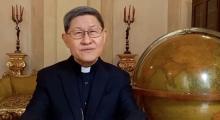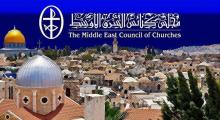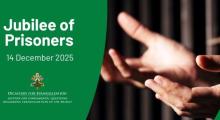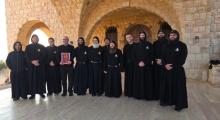Issued by the Catholic Center for Studies and Media - Jordan. Editor-in-chief Fr. Rif'at Bader - موقع أبونا abouna.org
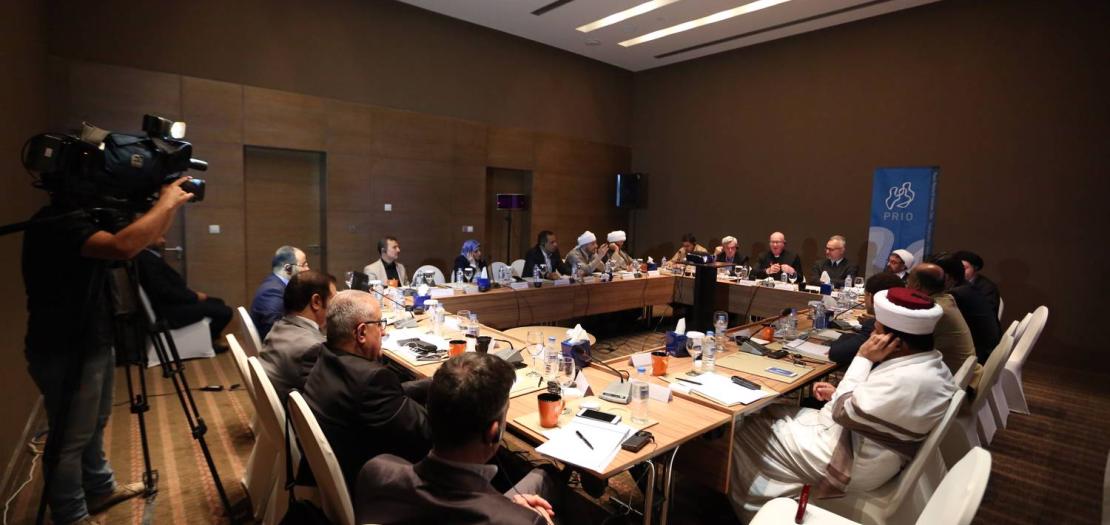
The World Council of Churches (WCC), in partnership with CAPNI and UFUQ, is reaffirming its ongoing commitment to fostering sustainable peace through justice and inclusive citizenship in Iraq. This reaffirmation follows successful completion of a project to revise national educational curricula, promoting inclusive education and pedagogy.
Carla Khijoyan, WCC program executive for the Middle East, has visited Iraq for consultations with church and government leaders. The visit aimed at preparing the next phase of collaboration, focusing on freedom of religion and belief in Iraq.
Key meetings in Bagdad, Erbil, Dehuk, and Mosul centered on the Christian community's well-being, addressing needs for security, economic rights, and a dignified future for youth. Discussions with His Holiness Mar Awa III and His Beatitude Patriarch Sako highlighted the challenges facing the Christian community, emphasizing the need for strengthened ecumenical relations and unified responses to these challenges.
Signs of hope were evident in the returning families to the Nineveh Plain, rebuilding their lives and communities with the church's diaconal mission at the forefront. The church's role extends beyond physical reconstruction to providing spiritual, social, and psychological support.
In Bagdad, the delegation met with Mohsen Mandalawi, vice-speaker of the House, who affirmed the Iraqi government's commitment to inclusive legislation ensuring justice and equal citizenship. The national security adviser, Kassem al Araji, praised the WCC's contributions to social cohesion and expressed interest in continued collaboration for inclusive citizenship.
Additionally, the visit to the Directorate of Educational Curriculum in Erbil revealed progress in educational reforms, with new curricula reflecting Iraq's diverse heritage. Meetings with tribal leaders further underscored the Iraqi values of respect, solidarity, and fraternity.
The WCC, moving forward into 2024, has outlined a strategic plan to continue its impactful work in the region, promoting peace, justice, and inclusive citizenship.



